Research Design in Counseling, 4th Edition by Paul Heppner – Test Bank
CHAPTER 5: Identifying Interests and Operationalizing Topics: Forget That Perfect Study
True/False questions
1. It is not recommended for students to bring their own observations and beliefs into their research topics.
Answer: False
2. A great deal of research in counseling involves extending the results of previous research.
Answer: True
3. It is essential for researchers to focus on investigating a few constructs only and not to try to do too much in developing an original contribution.
Answer: True
4. In the context of identifying a research idea, theory and research from one topic can be extended to another related topic.
Answer: True
5. Identifying a topic of research is the same as developing a specific research question or hypothesis that can guide research.
Answer: False
6. The function of a testable research question or hypothesis is to provide direction for experimental inquiry.
Answer: True
7. Once a research question enters the formative stage and an investigator continues to develop the design and methodologies of a particular study, the original research question cannot be changed.
Answer: False
8. Operational definitions are referred to as a sort of manual of instructions that spells out what an investigator must do to measure or manipulate research variables during the procedures of a study.
Answer: True
9. A problem arises when researchers investigate a given construct but develop different operational definitions for it.
Answer: True
10. Depression scores on a standardized test, such as the MMPI-Depression scale, are examples of independent variables.
Answer: False
Multiple choice questions

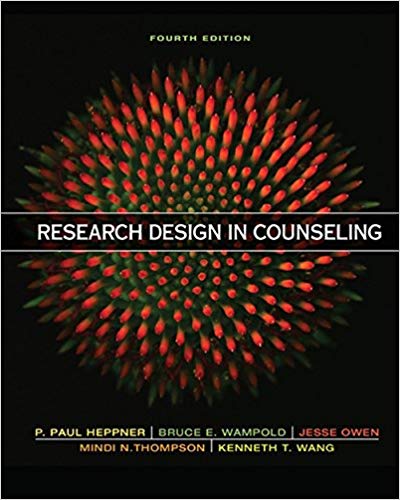

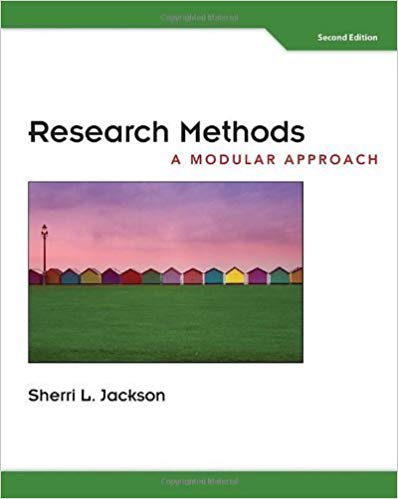



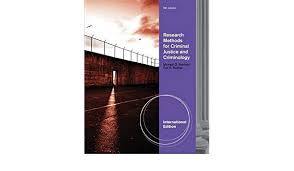

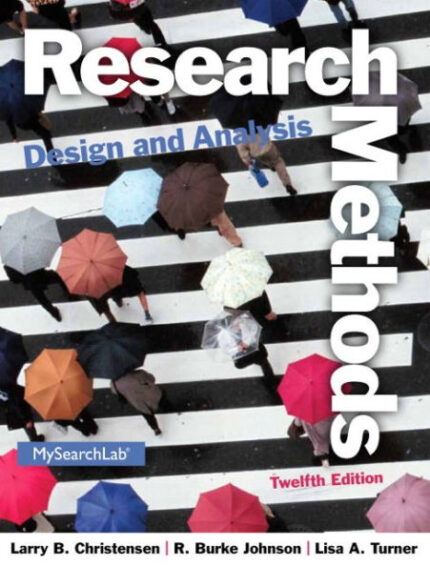
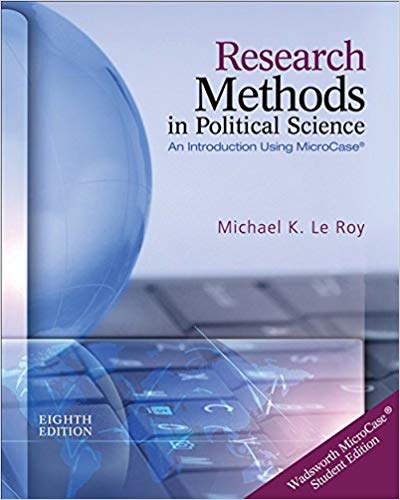
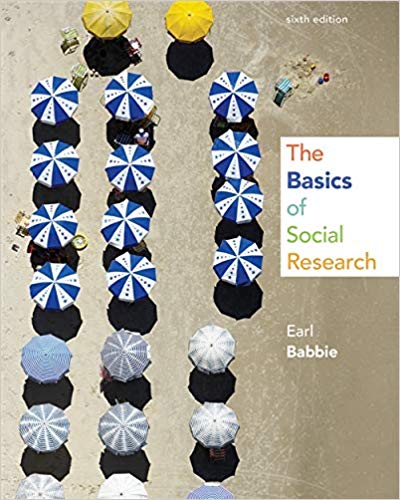

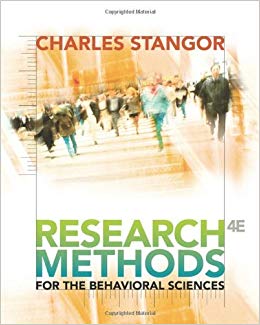
Reviews
There are no reviews yet.